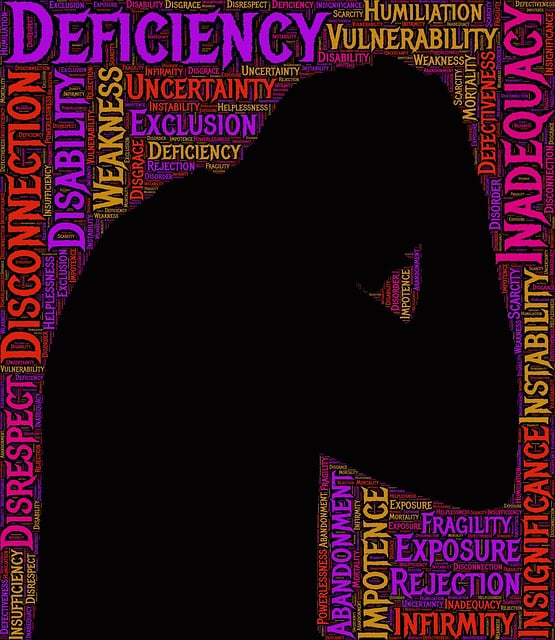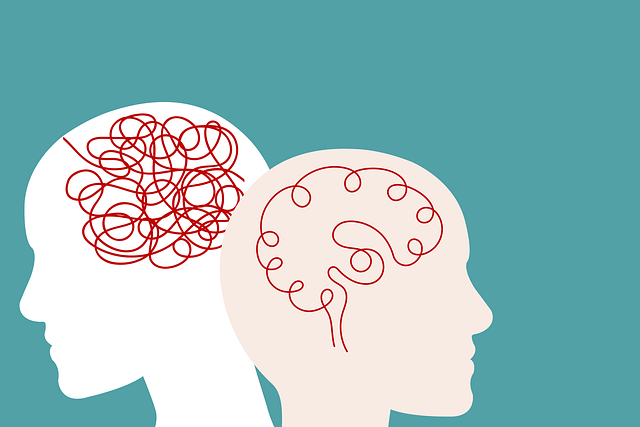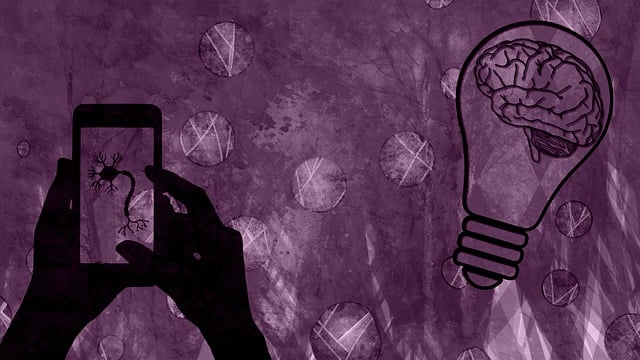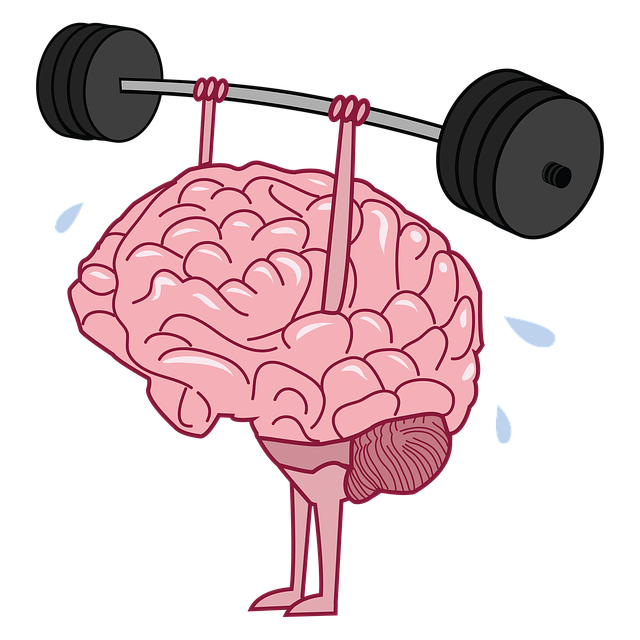Diagnosing mental illnesses accurately is challenging due to diverse symptom presentations, cultural contexts, and comorbidities. Strategies like Wheat Ridge Exposure and Response Prevention (ERP) Therapy, coping skills development programs, and public education aim to enhance diagnosis accuracy and improve mental healthcare accessibility. ERP therapy combines exposure therapy with mindfulness to treat anxiety disorders and trauma, empowering patients to manage their symptoms effectively. Comprehensive training programs for mental health professionals, including cultural competency and burnout prevention, further elevate diagnostic precision and treatment outcomes. A patient-centric approach, combined with innovative therapies and risk assessment tools, ensures more accurate diagnoses and improved care.
Mental illness diagnosis accuracy is a critical aspect of patient care, yet challenges remain. This article delves into strategies aimed at enhancing diagnostic precision, focusing on understanding the complexities of mental health assessment. We explore innovative approaches like Wheat Ridge Exposure and Response Prevention Therapy, which offers new insights into treating anxiety disorders. Additionally, we discuss advancements in tools, training, and patient-centric methods, all geared towards improving mental illness diagnosis and care.
- Understanding Mental Illness Diagnosis Challenges
- The Role of Wheat Ridge Exposure and Response Prevention Therapy
- Enhancing Diagnostic Tools and Techniques
- Training and Education for Healthcare Professionals
- Patient-Centric Approaches to Improve Accuracy and Care
Understanding Mental Illness Diagnosis Challenges

Diagnosing mental illnesses accurately can be a complex task due to the intricate nature of human behavior and emotions. Many factors contribute to this challenge, including the vast spectrum of potential symptoms and their varying presentations across individuals. For instance, some conditions may manifest differently in different cultural contexts, requiring cultural sensitivity in mental healthcare practice to avoid misdiagnosis. This complexity is further exacerbated by comorbidities, where multiple disorders coexist, often masking or complicating the primary diagnosis.
Efforts to enhance diagnosis accuracy focus on various strategies, such as evidence-based therapies like Wheat Ridge Exposure and Response Prevention Therapy, designed to help individuals confront and manage their fears and avoidance behaviors. Additionally, coping skills development programs empower individuals with tools to navigate mental health challenges effectively. The Mental Wellness Podcast Series Production also plays a role in raising awareness, educating the public, and promoting open conversations about mental health, ultimately leading to improved diagnosis and treatment accessibility.
The Role of Wheat Ridge Exposure and Response Prevention Therapy

Wheat Ridge Exposure and Response Prevention (ERP) Therapy is a highly effective approach to treating various mental health conditions, particularly anxiety disorders. This evidence-based therapy focuses on helping individuals confront and manage their fears and avoidance behaviors in a safe and controlled environment. By gradually exposing clients to triggering situations and teaching them response prevention techniques, ERP enables people to reduce anxiety symptoms and gain a greater sense of control over their lives.
The process involves collaboration between the therapist and client, fostering open communication and personalized strategies. It equips healthcare providers with valuable burnout prevention tools, as it promotes mental wellness by reducing the impact of stressful triggers. This therapy’s success lies in its ability to empower individuals to challenge negative thought patterns and develop healthier coping mechanisms, ultimately improving their overall mental health and quality of life.
Enhancing Diagnostic Tools and Techniques

Training and Education for Healthcare Professionals

Mental illness diagnosis accuracy has long been a topic of concern within the healthcare industry. To address this issue, extensive training and education programs are being implemented for healthcare professionals. These initiatives focus on enhancing diagnostic skills through improved assessment techniques, increased awareness of diverse mental health presentations, and an emphasis on patient-centered care. One notable approach gaining traction is Wheat Ridge Exposure and Response Prevention Therapy, which combines exposure therapy with mindfulness practices to help individuals manage anxiety and trauma.
Moreover, Healthcare Provider Cultural Competency Training plays a pivotal role in improving diagnosis accuracy by fostering understanding and empathy towards patients from diverse backgrounds. Compassion cultivation practices and Stress Reduction Methods are also integrated into training curricula to promote better patient-provider relationships and reduce potential biases that may impact diagnosis. These comprehensive efforts not only improve diagnostic accuracy but also enhance the overall quality of mental health care services.
Patient-Centric Approaches to Improve Accuracy and Care

In recent years, there has been a growing emphasis on patient-centric approaches to improve mental illness diagnosis accuracy and care. These methods focus on individual needs and experiences, recognizing that every person’s journey with mental health is unique. One such innovative therapy gaining traction is Wheat Ridge Exposure and Response Prevention (ERP) Therapy, which combines cognitive-behavioral techniques to help patients confront and manage their fears and triggers. By engaging in gradual, controlled exposure to distressing situations or thoughts, ERP empowers individuals to develop healthier coping mechanisms, ultimately leading to more accurate diagnoses and improved treatment outcomes.
In addition to specialized therapies like ERP, enhancing diagnostic accuracy involves equipping mental health professionals with robust risk assessment tools. These assessments help identify potential red flags and vulnerabilities, enabling practitioners to tailor their approaches effectively. Furthermore, fostering emotional intelligence among healthcare providers is crucial. By cultivating self-awareness and empathy, professionals can better understand and respond to patients’ emotions, leading to more nuanced care. Burnout prevention strategies also play a vital role in maintaining high standards of practice, ensuring that mental health workers remain resilient and effective in their roles.
Mental illness diagnosis accuracy has long presented a significant challenge, but with ongoing efforts in research and training, improvements are within reach. By combining advanced diagnostic tools with patient-centric approaches, such as Wheat Ridge Exposure and Response Prevention Therapy, healthcare professionals can enhance understanding and treatment outcomes. Continuous education and collaboration among specialists ensure that mental health care becomes more precise and accessible, ultimately improving patients’ quality of life.








